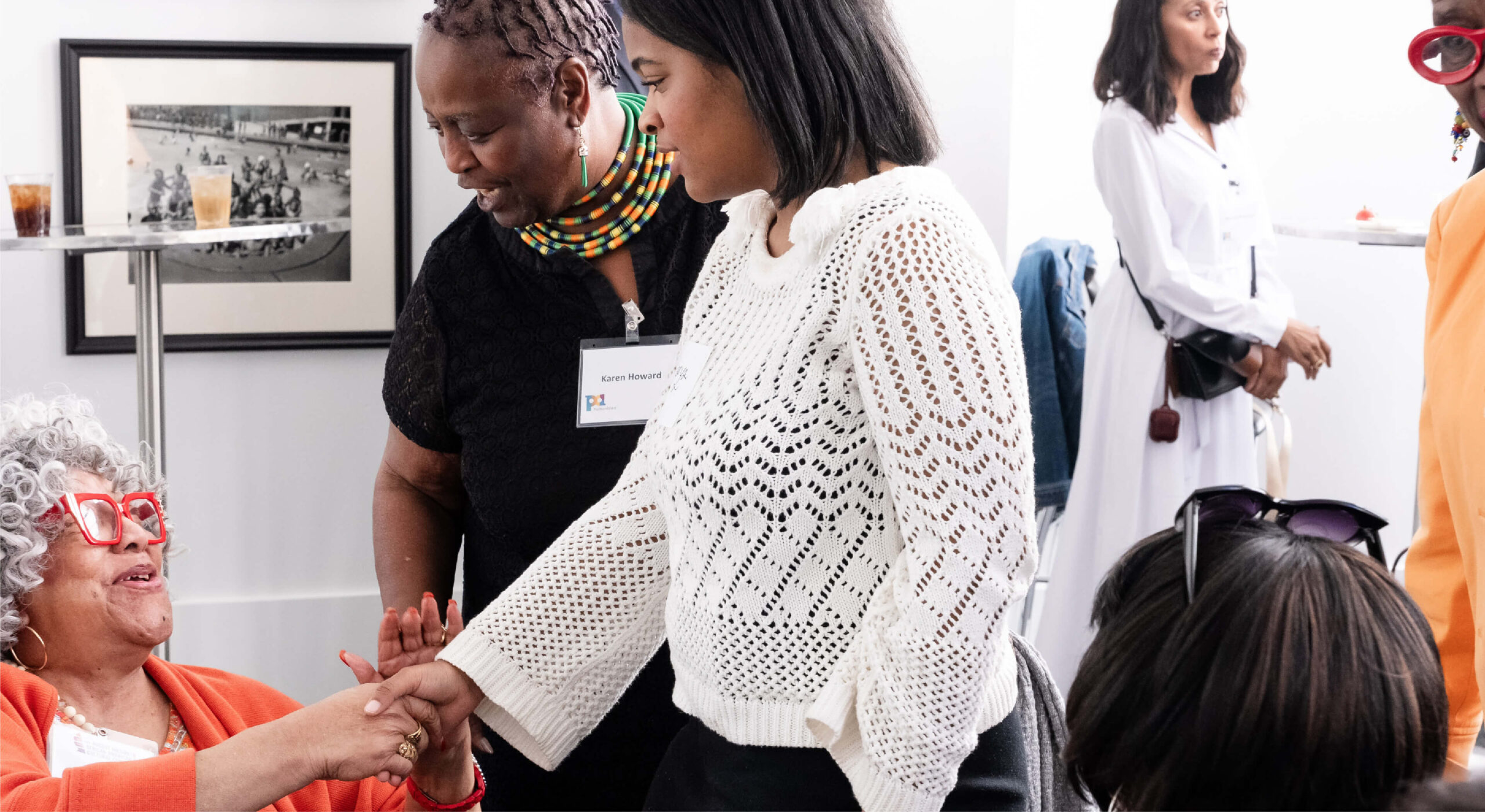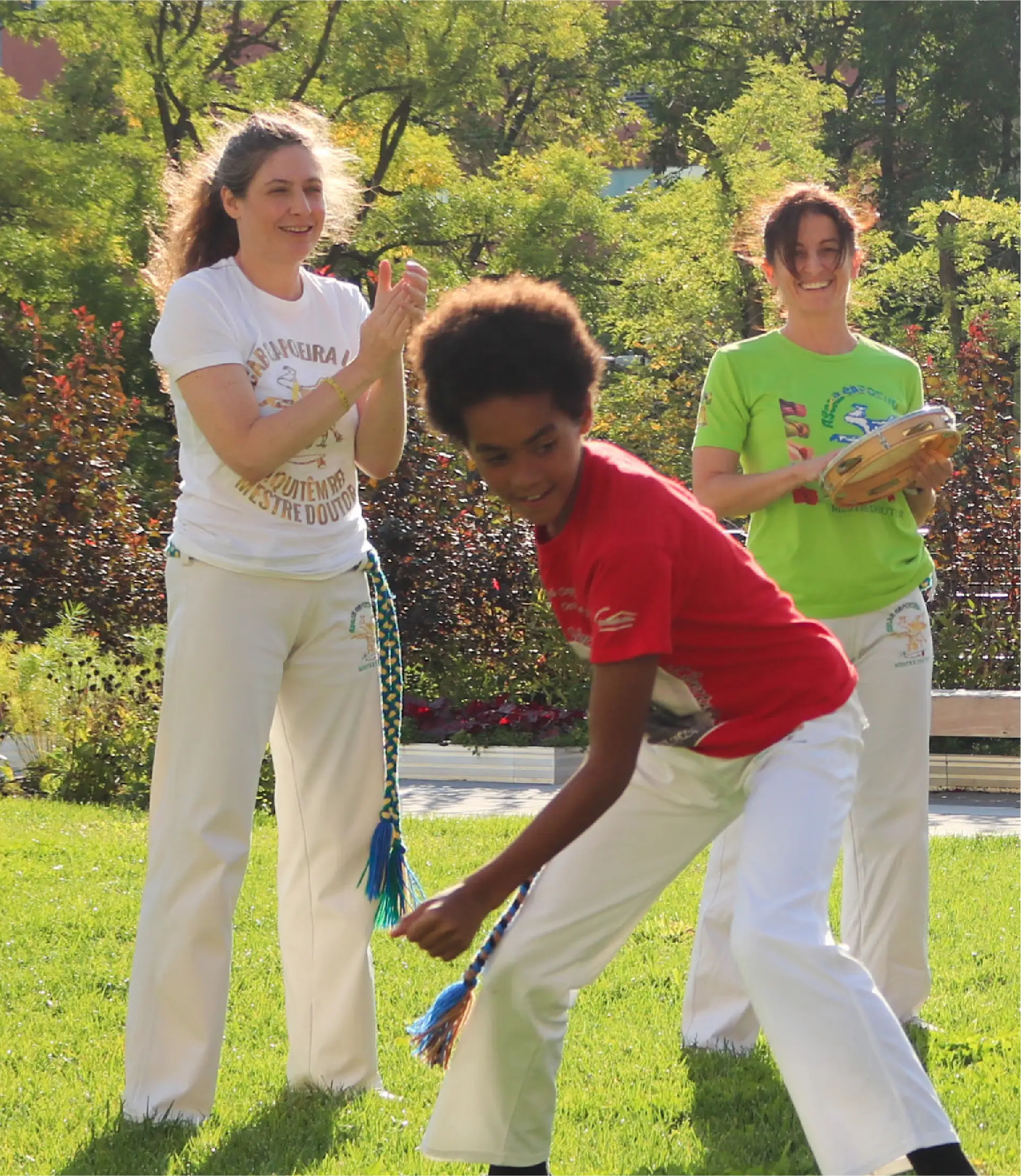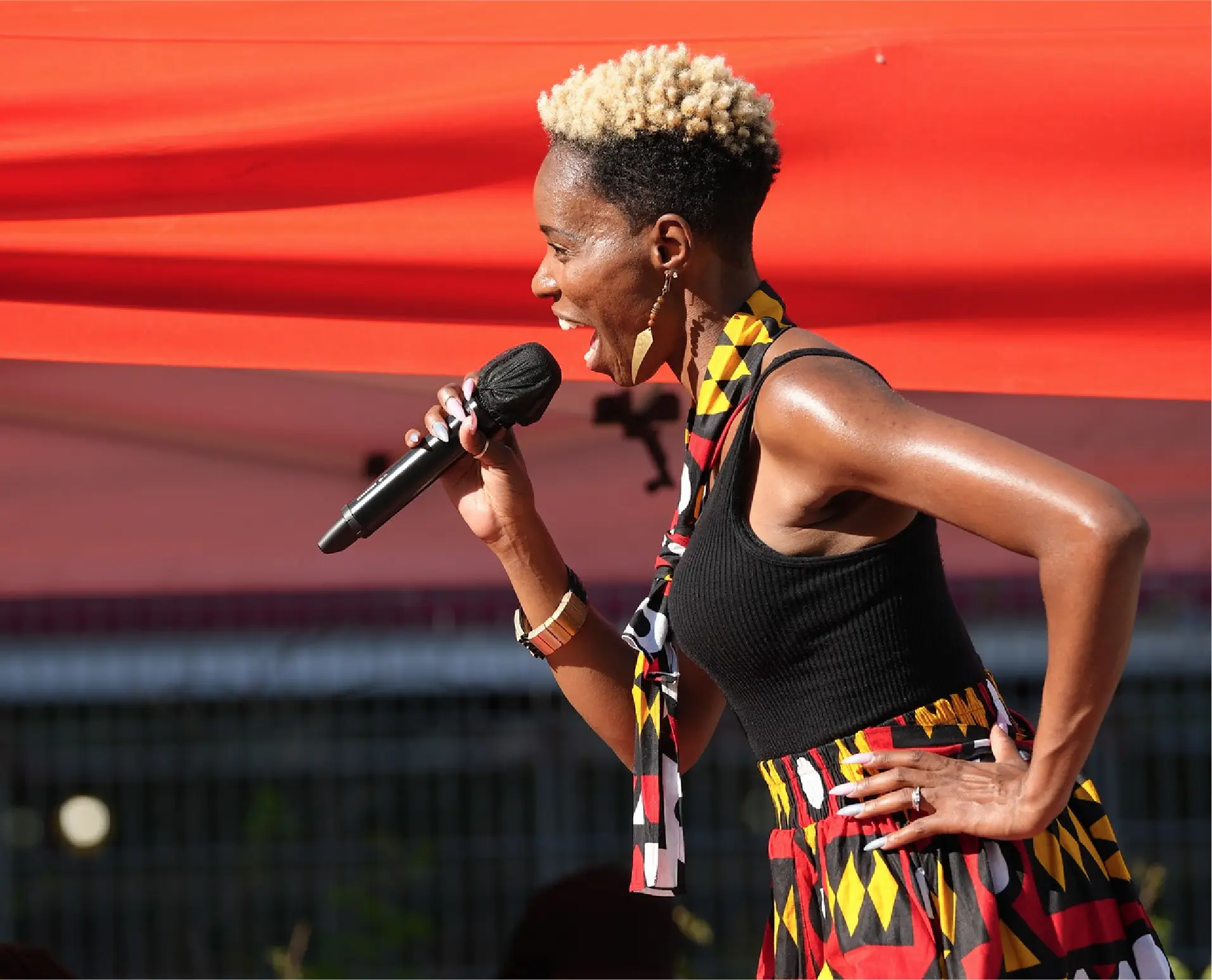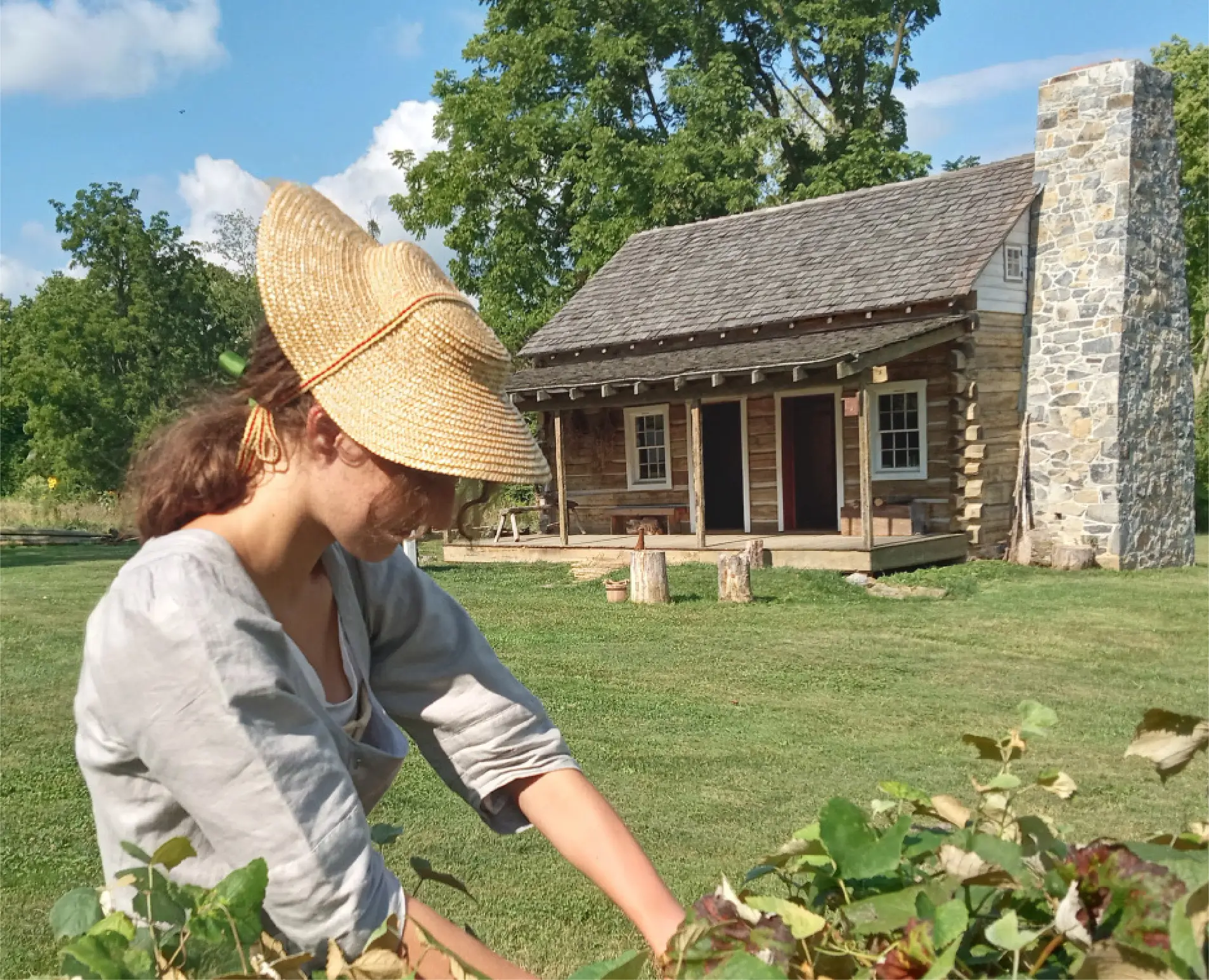Section 3 – Where Are We?

Rooting the PA Humanities Discovery Project in the voice of humanities practitioners enables us to learn more about how they see their work, why they do it, and its impact. The findings speak to how the humanities power communities by fostering social bonds and creating shared experiences that lead to collective action for positive change.
People are transformed by the humanities, which are a vital part of promoting healthy lives and communities. Most importantly, this work is an integral part of practitioners’ identities, who see themselves as change agents and social justice advocates. Many are motivated by their own life experiences, seeking to extend the benefits they have received or to help others address the challenges they have faced.
Who are PA’s Humanities Practitioners?
Humanities practitioners, are people who present, produce, and lead humanities activities, usually in a local community context. They have a strong desire to give back, and they find their careers empowering for themselves and for others. They may work in, and sometimes for, multiple settings such as art galleries, community centers, houses of worship, libraries, museums, theaters, prisons, and educational institutions. They may be engaged as independent contractors, part-time or full-time staff members, solo business entrepreneurs, or volunteers.

Humanities practitioners are…
- Resilient, but many find it hard obtain resources
- Engage in frequent and diverse types of activities across the state as a tool for personal growth, social change, and justice
- Reflect the overall PA population, with a few distinctions
- Learning the job by doing it and showing up, even if they don’t have a humanities degree
- Concerned about identifying and supporting the next generation of leadership to pursue a career in the humanities
The Humanities as an Identity
Humanities practitioners see themselves as social justice and education advocates, and believe their work to be a calling and integral to their identity. They see the humanities as:
- Not just as a career, but inspired by very personal and deeply-rooted motivations, linked to role models during their youth
- Typically a lifelong pursuit that’s seen as a calling and responsibility to give back
- Motivated by enriching the lives of others, seeing communities thrive and succeed
- Meeting the urgent challenges of our times to address inequities and power Pennsylvania communities
- A passion that is sometimes exploited and lived out in less than ideal working conditions;
- Sorely underfunded, leading to excess workload and eventual burnout
What Humanities Activity is Happening in PA?
Humanities activity happens across the state, involving multiple generations. Neighbors connecting neighbors to community support and services, veterans gathering to share their stories and listen to others, communities coming together to explore and celebrate different cultures and their heritage, teens learning and applying skills of self-expression and creativity to advocate for changes they wish to see in the world – these are all humanities activities. By including activity that occurs in informal settings, such as neighborhood groups or community gardens, as well as activity occurring in more formal settings like libraries and educational organizations, the study presents a more complete picture of applied humanities activity. The research findings demonstrate the strong presence of the use of the humanities as a tool for personal growth, social change, and justice.
{ HUMANITIES PROGRAMS AND EVENTS TAKE PLACE IN A WIDE RANGE OF SPACES }
Themes of Humanities Activity in PA
Practitioners across the state are engaged in work that meets the challenges of our times. The four most common themes of humanities activity found in the PA Humanities Discovery Project are history and preservation, social justice, health and wellness, and youth development. Many activities in Pennsylvania explore or address multiple themes. The recurring themes tell a powerful story about how the humanities are being deployed for societal and narrative change, as well as health and educational outcomes.
History and Preservation
Engagement with history and preservation is changing among Pennsylvanias humanities practitioners, as they aim for greater inclusivity in evolving communities. The value of many forms of history, including local, shared, ethnic, and industrial or economic histories, are mentioned frequently. History leads to new discoveries, lifting up previously ignored and untold stories. History and preservation connect to social justice and environmental justice, as well. The choices made about what stories are told and what artifacts are saved determine what we, and future generations, can learn from our past.
I see preservation in itself as a mechanism of social justice, albeit somewhat indirect. By selecting the items and the histories we are going to preserve, we are responsible for determining what future generations will be able to learn about and from.
Social Justice
Humanities practitioners engage in activism around identity to drive societal change that leads to increased equity. The humanities are transformational tools for social justice, wellness, and community development. Humanities activity plays a pivotal role in reshaping communities, addressing social issues, and fostering wellness. Spaces where humanities activity occurs, such as libraries, often serve as welcoming and inclusive havens for people to come together and explore new narratives and under-represented voices. In the current moment of political polarization, spaces of humanities activity are engaged in important work to create community dialogue, social connection, and to share the otherwise untold stories and lived experiences.
I want to make the world a better place where everyone has adequate needs such as food, housing, safety, health care and education”

Health and Wellness
Humanities practitioners address both physical and mental health in their programming. Many programs are place-based, and encourage healing by providing spaces and activities through which trauma and other stressors can be addressed. Reflecting on our findings, one listening session participant asserted that this kind of work supports our mental health as human beings and how the humanities can be applied to help address some of the issues that are happening that people are seeking answers for across the globe.
[We] created kind of semi-private rooms [for the unhoused] during a recent renovation so that human services could be there [Weve] become second responders basically to the human services.”
Youth Development
Having a meaningful presence in peoples lives is an important motivation for many humanities practitioners. Humanities activity provides gathering places and activities for youth across the Commonwealth. Youth development has lifelong, intergenerational benefits. It promotes both self-understanding and empathy for others across the globe, developing peoples capacity for shared humanity. Humanities practitioners in Pennsylvania invest in the future by nurturing, educating, inspiring, and empowering youth, who are the next generation of citizenship and leadership in Pennsylvanias communities.

I love being able to be a steady and consistent support system in youth’s lives especially in today’s world. To have them smile and see the excitement in their faces when they want to tell me about their day makes it all worth it.”